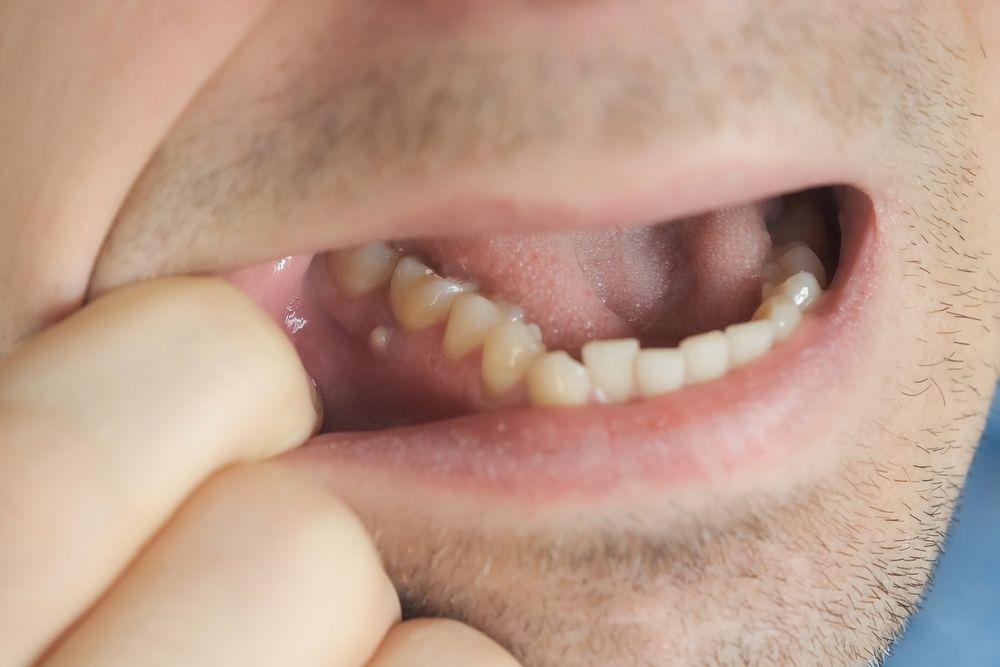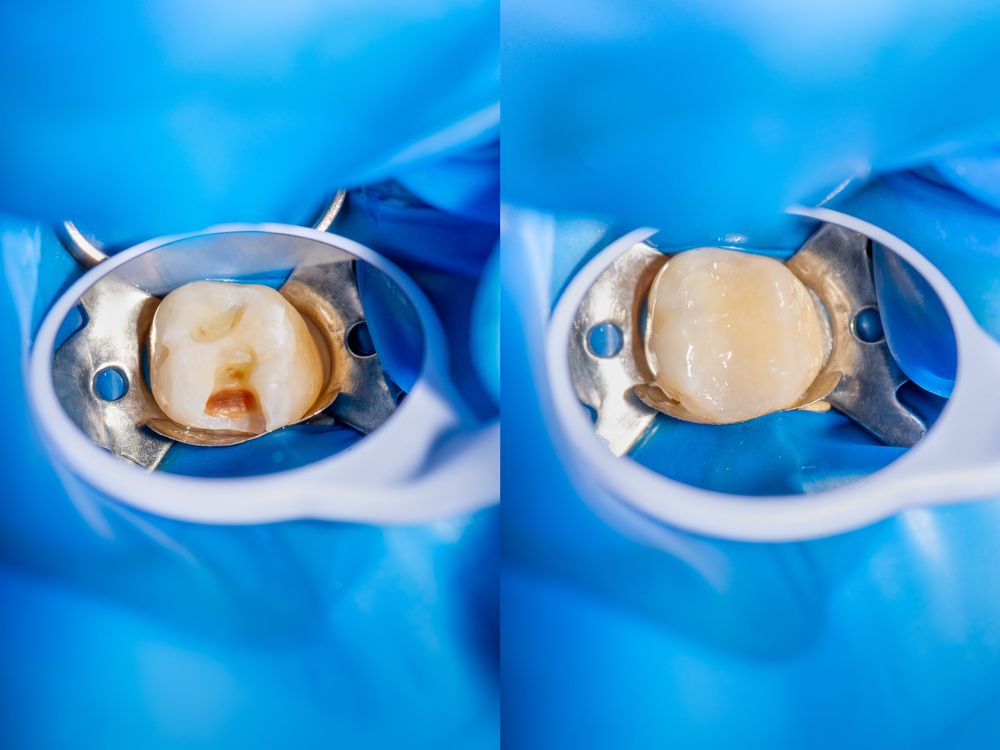A tooth abscess is more than just a painful inconvenience—it is a serious dental infection that requires prompt attention. Left untreated, it can spread to other areas of the body and cause severe complications. If you are experiencing symptoms of a tooth abscess, it is essential to take the right steps to manage your discomfort and seek professional care. In this blog, we will discuss what a tooth abscess is, how to recognize the symptoms, and what to do if you suspect you have one.
What Is a Tooth Abscess?
A tooth abscess is a pocket of pus caused by a bacterial infection. It typically results from untreated cavities, gum disease, or dental trauma. There are three main types of tooth abscesses:
- Periapical abscess – Forms at the tip of the tooth’s root due to deep decay or trauma.
- Periodontal abscess – Develops in the gum tissue or bone supporting the teeth, often due to gum disease.
- Gingival abscess – Affects only the gum tissue and is usually caused by foreign objects, such as food particles, getting trapped.
Regardless of the type, a tooth abscess can be extremely painful and, if ignored, may lead to serious complications.
Common Symptoms of a Tooth Abscess
Recognizing the signs of a tooth abscess early can help prevent severe complications. Symptoms may include:
- Persistent, throbbing toothache
- Swelling in the gums, jaw, or face
- Increased sensitivity to hot or cold foods
- Pain when chewing or biting
- Fever and general feelings of illness
- A foul taste in the mouth or bad breath
- A pimple-like bump on the gums that may drain pus
- Difficulty swallowing or breathing, which may indicate a severe infection requiring emergency care
If you experience any of these symptoms, seeking dental care as soon as possible is essential.
Immediate Steps to Take at Home
While a tooth abscess requires professional dental treatment, there are some steps you can take to manage your symptoms before seeing a dentist:
- Rinse with warm salt water: This helps reduce bacteria and soothe irritation. Mix half a teaspoon of salt into a cup of warm water and rinse several times a day.
- Take over-the-counter pain relievers: Ibuprofen or acetaminophen can help ease pain and reduce inflammation.
- Apply a cold compress: Placing a cold pack on the cheek near the affected area for 15 to 20 minutes can help reduce swelling.
- Avoid extreme temperatures in food and drinks: Hot or cold foods can worsen pain. Stick to soft, lukewarm foods until treatment is received.
- Do not attempt to drain the abscess at home: This can worsen the infection and increase the risk of spreading bacteria.
These home remedies can provide temporary relief, but they are not a substitute for professional dental care.
When to See a Dentist
A tooth abscess will not heal on its own, and delaying treatment can lead to complications such as the spread of infection, bone loss in the jaw, and even systemic infections. Seek immediate dental care if you experience:
- Severe pain that does not improve with pain relievers
- Facial swelling that makes it difficult to breathe or swallow
- A high fever or chills
- A pimple-like bump on the gum that continues to drain pus
If an immediate dental appointment is not available, consider visiting an emergency dentist or urgent care center.
Treatment Options for a Tooth Abscess
Once you visit the dentist, they will determine the best treatment based on the severity of the infection. Common treatment options include:
- Draining the abscess: The dentist will make a small incision to release the pus and clean the area.
- Root canal therapy: This procedure removes the infected pulp, disinfects the tooth, and seals it to prevent further infection. It is an effective way to save the natural tooth.
- Tooth extraction: If the tooth is severely damaged and cannot be saved, it may need to be removed to stop the infection from spreading.
- Antibiotics: If the infection has spread beyond the abscessed area, antibiotics may be prescribed to prevent further complications.
The dentist will determine the most appropriate treatment based on the condition of the tooth and surrounding tissues.
Conclusion
A tooth abscess is a serious condition that requires immediate attention. If you experience symptoms such as severe pain, swelling, or fever, it is important to see a dentist as soon as possible. While home remedies can provide temporary relief, professional treatment is necessary to prevent complications. Taking care of your oral health through proper hygiene and regular dental visits can help prevent abscesses and ensure a healthy smile.
If you suspect you have a tooth abscess, schedule an appointment with your dentist as soon as possible to receive the necessary treatment.






